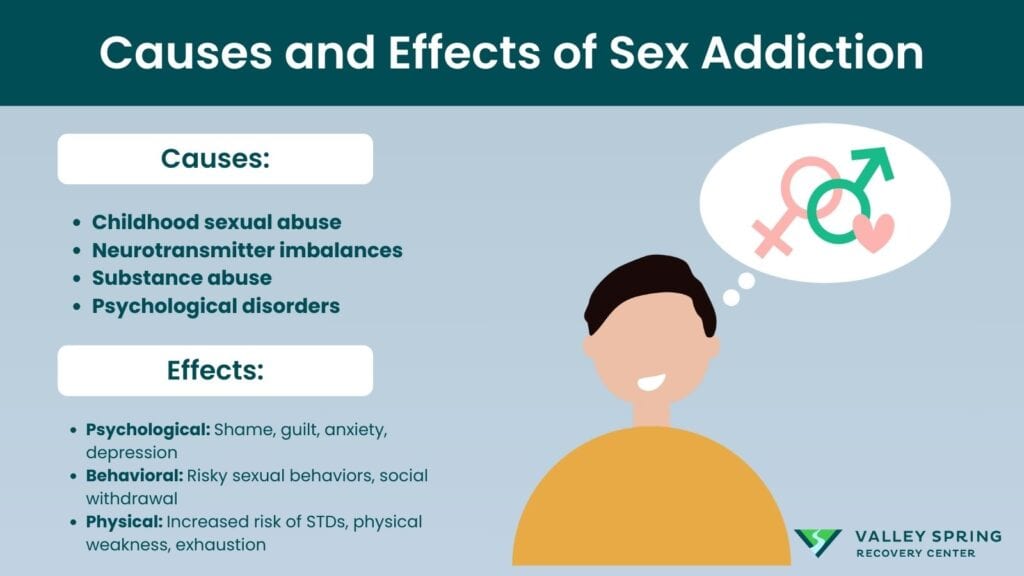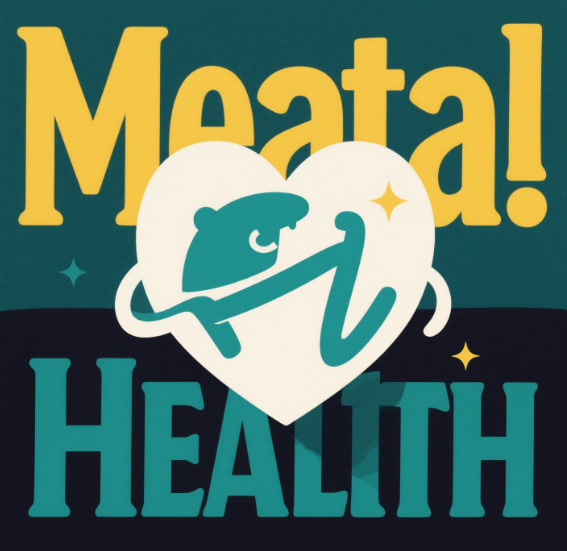In modern society, the topic of sex is becoming less and less taboo, and it is not uncommon for many people to have strong sexual desires, fantasies or related behaviors. However, when these sexual urges become persistent, difficult to control, and even affect a person’s life, work and interpersonal relationships, it may involve a deeper psychological health problem—Compulsive Sexual Behavior Disorder (CSBD for short).
Although the term “sex addiction” is frequently used in the public domain, it is not an official medical diagnostic term. However, it is often used to describe the various disturbing symptoms associated with CSBD, such as frequent consumption of pornographic content, uncontrolled masturbation, and uncontrollable sexual urges.
This article will analyze the underlying factors that lead to compulsive sexual behavior, and introduce effective current treatments, hoping to bring scientific understanding and practical advice to those who are troubled.
Potential causes of sexual addiction
1. Abnormal brain structure (especially the frontal lobe)
Although there is not much brain research on compulsive sexual behavior, some literature has shown that in some cases, the disorder may be related to damage to the frontal and temporal lobes of the brain. The frontal lobe is responsible for decision-making, impulse control and social behavior. If it is damaged, an individual may have more difficulty controlling their desires and behaviors.

Some studies have pointed out that if a person already has some psychosocial problems, and if there is functional abnormality in the temporal lobe region, it is more likely that they will engage in uncontrollable sexual behavior. However, not everyone with this type of brain damage will exhibit sexual addiction behavior, and vice versa, not everyone with sexual addiction can be found to have abnormalities in brain scans.
In addition, neurodegenerative diseases such as Alzheimer’s and Parkinson’s are also associated with increased sexual urges in some people, but the causal relationship between the two has not yet been fully confirmed by medicine.
2. Imbalance of neurotransmitters (such as dopamine)
Dopamine is a chemical in the brain that regulates a person’s pleasure and reward mechanisms. When people engage in sexual activity, eat delicious food or achieve a sense of accomplishment, the brain releases dopamine, which makes people feel happy.
However, if the dopamine system in the brain is abnormally active or exposed to high-intensity reward stimuli for a long time (such as frequent viewing of pornography), it may develop an “addictive” response mechanism. At this time, individuals may increasingly seek sexual stimulation to satisfy the needs of the nervous system, and find it difficult to control themselves.
3. The effect of certain drugs
Drugs can also be an important factor in stimulating sexual urges. For example, some drugs used to treat Parkinson’s disease are based on dopamine substitutes. Studies have shown that these drugs may cause some patients to develop impulse control disorders, including increased sexual urges, increased gambling urges, and other behaviors.
Although these phenomena do not indicate that the drugs will definitely lead to sexual addiction, they do remind us that when drugs affect neurotransmitters, they may indirectly affect behavior control.
4. Emotional disorders and psychological state
A person’s emotional state is closely related to their ability to control their behavior. Negative emotions such as anxiety, depression, loneliness, and boredom may become an “excuse” or “outlet” for people to seek sexual stimulation.
A 2020 study pointed out that people with poor emotional regulation skills are more likely to fall into a cycle of compulsive sexual behavior. Some people who feel stressed or depressed will use sex to temporarily “numb” themselves. However, they often feel guilty afterwards because they were unable to control themselves, creating a vicious cycle.
These types of emotional problems may not only be the cause of sexual addiction, but also its result. Treatment must fundamentally improve emotional management skills, rather than just suppressing sexual behavior.
5. The influence of the original family
The family is the earliest environment in which a person’s character and habits of behavior are formed. If the family is dysfunctional during growth, lacking in emotional communication, or even dominated by controlling or emotionally distant parents, the individual may compensate for the lack of emotional connection in early childhood through sexual behavior in adulthood.
A 2015 review of studies found that people from family environments lacking in intimacy and communication are more likely to exhibit impulsive or compulsive sexual behavior.
6. Childhood trauma
It is important to note that people who have suffered sexual abuse or emotional neglect in childhood are also at higher risk of developing addictive sexual behaviors in adulthood. A 2020 study showed that childhood sexual trauma is closely related to later symptoms of hypersexuality.
This condition can easily be misunderstood as “high sex drive,” but in fact it is a manifestation of the subconscious re-enactment of childhood trauma. Patients in this category often also have problems with self-identity and difficulties in intimate relationships, and require more psychological support and understanding in treatment.
How to deal with compulsive sexual behavior scientifically
When faced with compulsive sexual behavior, many people will choose to avoid it or even keep it a secret due to feelings of shame or social pressure. However, in fact, this is a mental health problem that can be understood and treated. The key is to face your own distress and take timely action.
The following are two common treatment methods:
1. Medication (requires doctor’s guidance)
Some drugs can help regulate neurotransmitters and slow down the activity of dopamine or serotonin in the brain, thereby reducing the urge to engage in sexual behavior. For example, some antidepressants, mood stabilizers, and anti-anxiety drugs have been used in clinical settings to relieve the symptoms of CSBD.
It should be noted that these drugs must never be purchased or used on your own. They must be taken under the advice and supervision of a psychiatrist. Haphazard use is not only ineffective, but may also trigger more side effects.
2. Psychotherapy (mainly cognitive behavioral therapy)
Cognitive behavioral therapy (CBT) is currently one of the most commonly used methods for dealing with sexual addiction. Its core lies in helping individuals identify the situations and thoughts that trigger their impulsive behavior, and then replacing the original compulsive response with training in new ways of thinking and behavior strategies.
Therapists usually help patients:
If anxiety disorders, depression, alcohol abuse or other addiction problems also exist, psychological interventions are also required in parallel.
Summary: It’s not a “fall from grace”, it’s a “need for help”
There is nothing inherently sinful about sex, and impulses are not uncommon. What really gets people into trouble is when the behavior becomes uncontrollable and affects daily life.
Compulsive sexual behavior is not a reflection of a person’s ‘poor self-control’ or ‘moral depravity’. It is more likely the result of a complex interplay of psychological, emotional, brain chemistry, and upbringing factors.
If you find yourself struggling with sexual compulsivity, the most important step is to admit that you have a problem and seek professional help. Whether it is medication or psychological intervention, it can be the key to helping you get out of trouble.
This is not a sign of weakness, but the beginning of taking responsibility for yourself.

